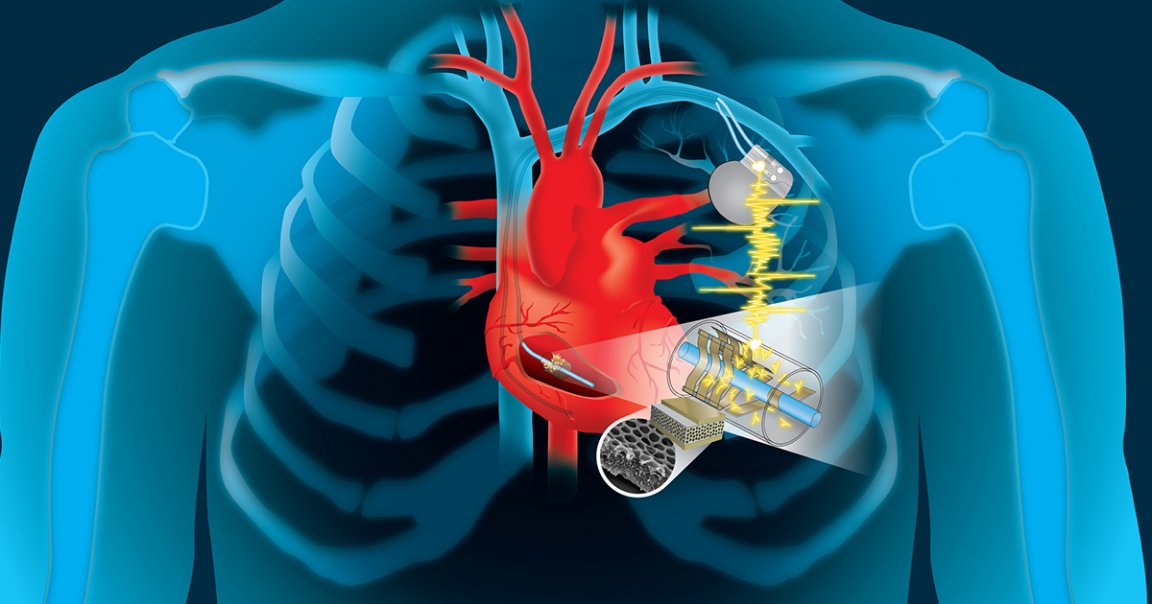
Biofuel
After you get a medical device like a pacemaker implanted, you’ll probably need occasional surgeries to replace its batteries.
But thanks to new research, that could soon change. A new device can take the kinetic energy of a beating heart and converts it into electricity — a bold glimpse of a cyborg future in which your heart could power up implants like pacemakers.
Slow and Steady
Dartmouth College engineers and University of Texas Health Science Center cardiologists tested the device on animal hearts, according to research published last year in the journal Advanced Materials Technology.
Before it makes its way to a human heart, the researchers want to make sure that it can last for that person’s entire lifetime without interfering with the heart’s normal function, according to a Dartmouth press release published Monday.
“We’re trying to solve the ultimate problem for any implantable biomedical device,” said Dartmouth engineering professor and lead researcher John Zhang in the press release. “How do you create an effective energy source so the device will do its job during the entire life span of the patient, without the need for surgery to replace the battery?”
Coming Soon
The team received funding from the National Institutes of Health which will continue for another two years. In that time, it hopes to finish animal research and jump start the rigorous approval for human testing. In addition, the engineers have started exploring upgrades that will let their technology charge other implanted devices.
If all goes well, the researchers hope to put their self-charging pacemakers on the market in about five years.
READ MORE: Engineers Harvest Heart’s Energy to Power Life-Saving Devices [Dartmouth Newsroom]
More on medical devices: New Brain Implant Could Translate Paralyzed People’s Thoughts Into Speech